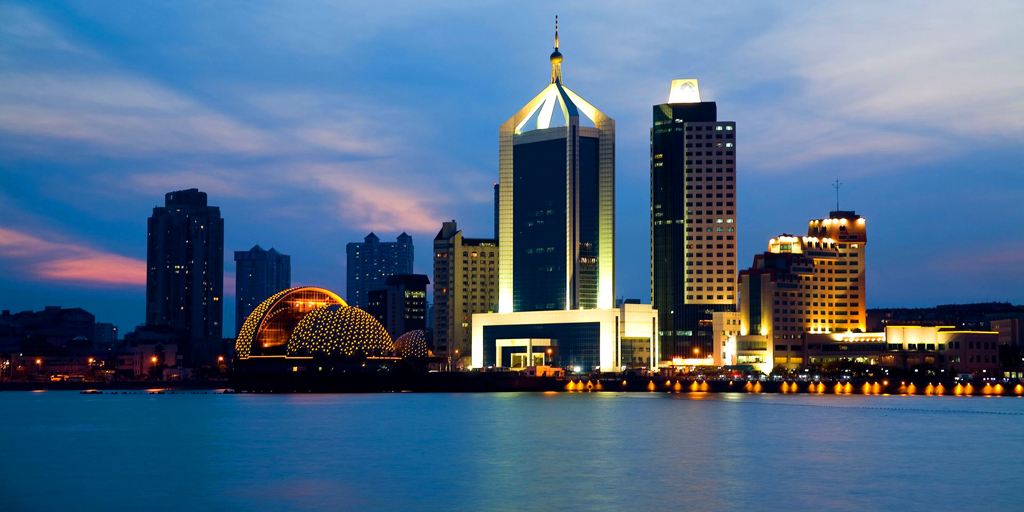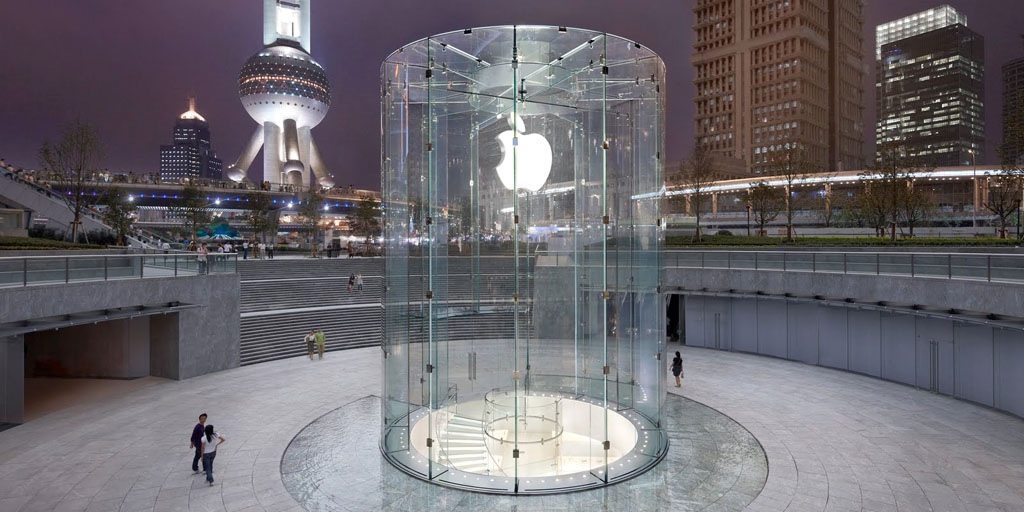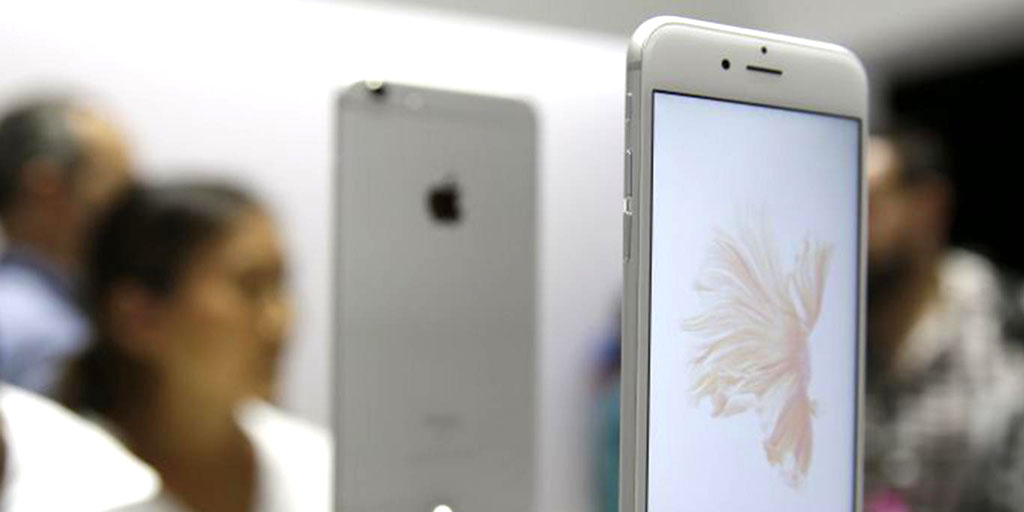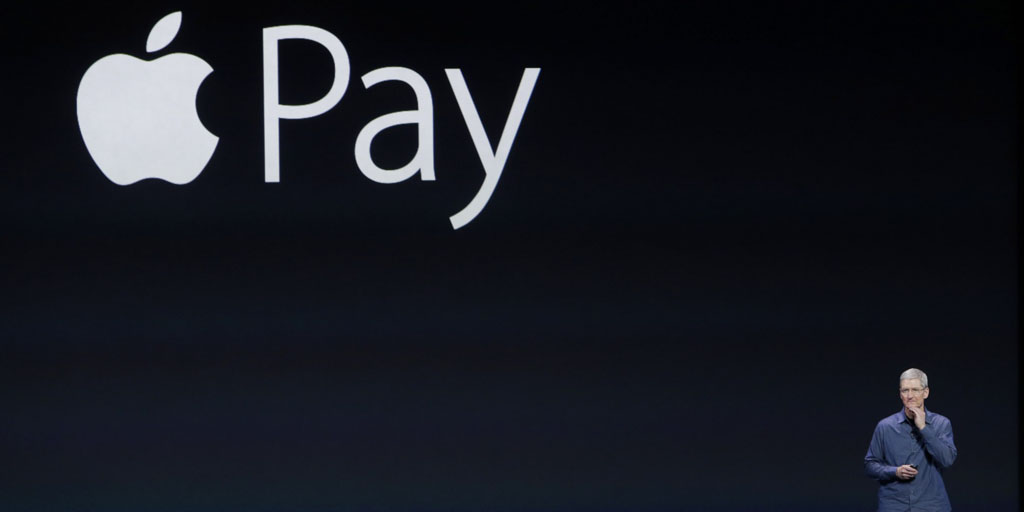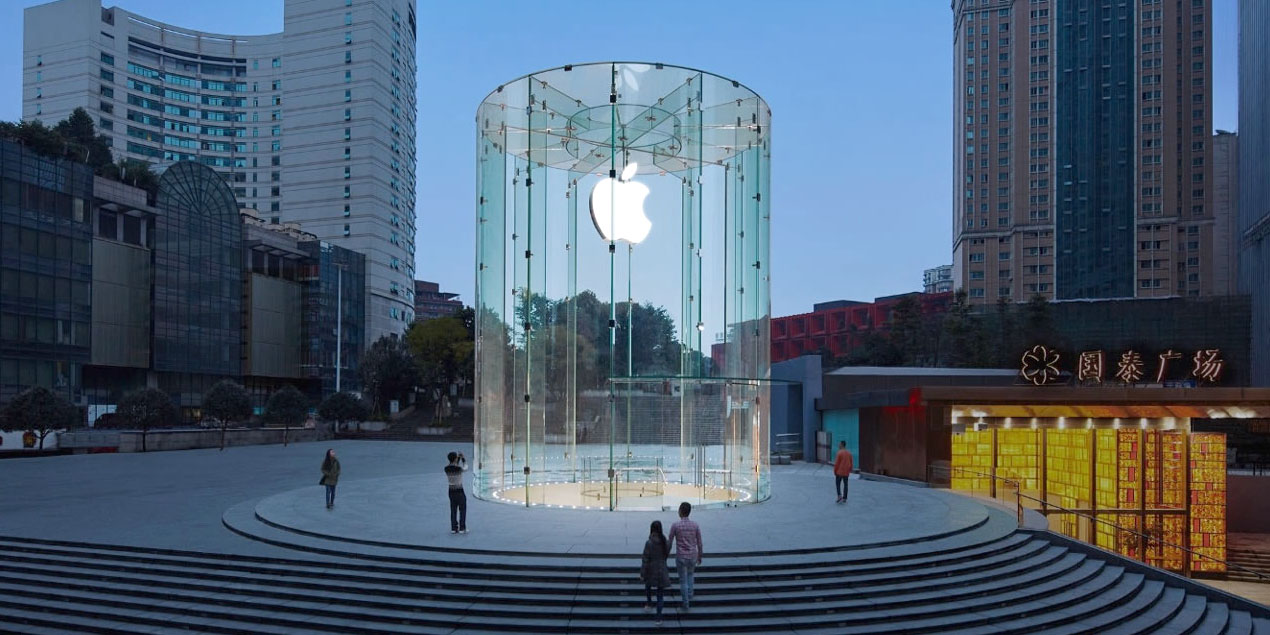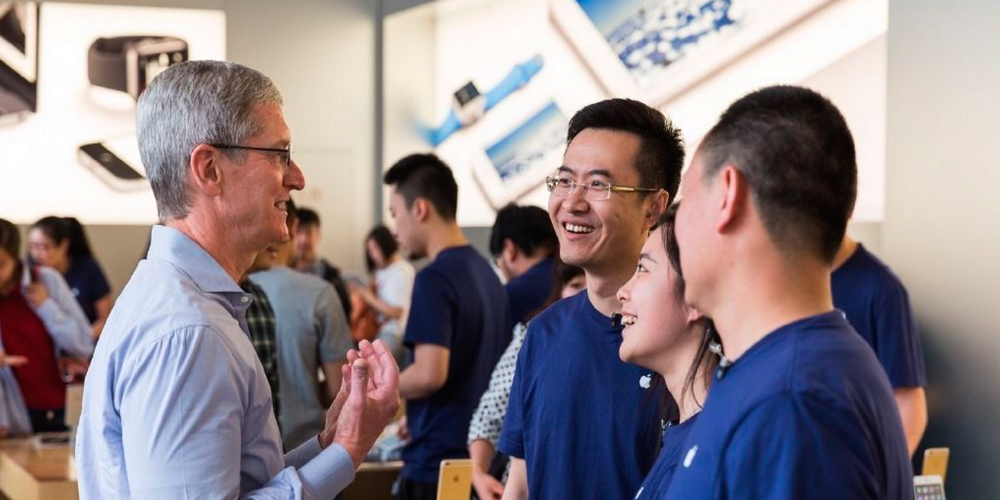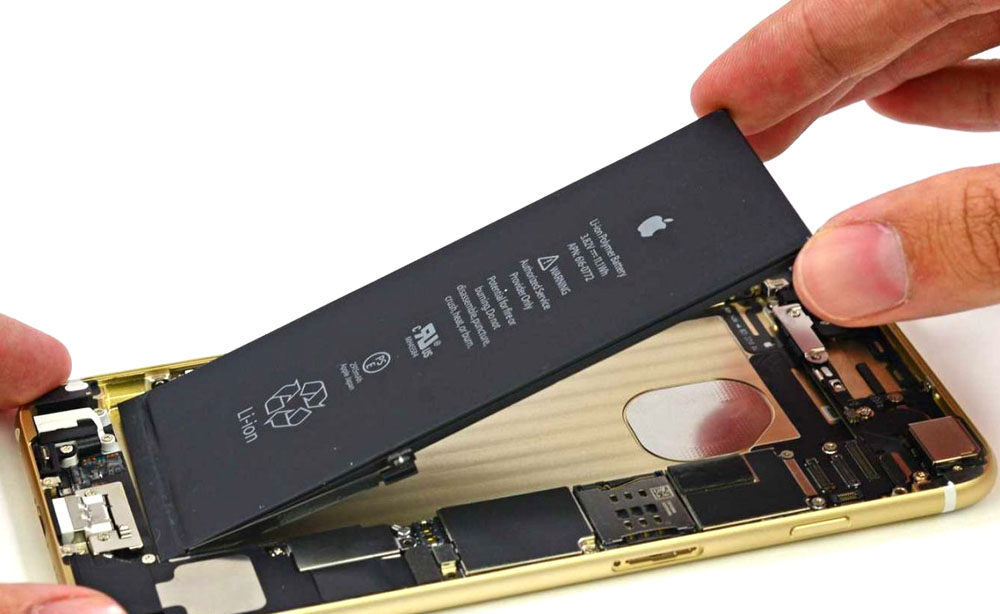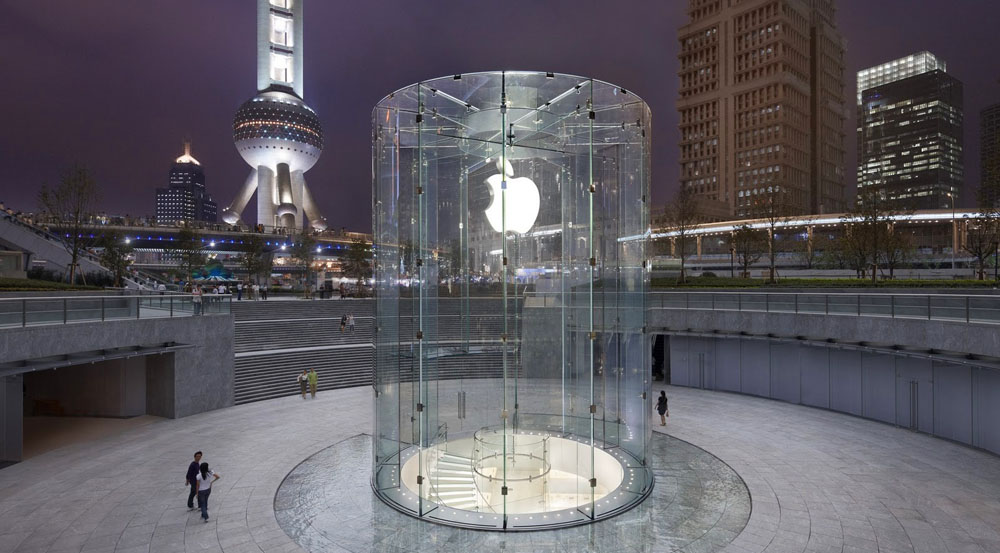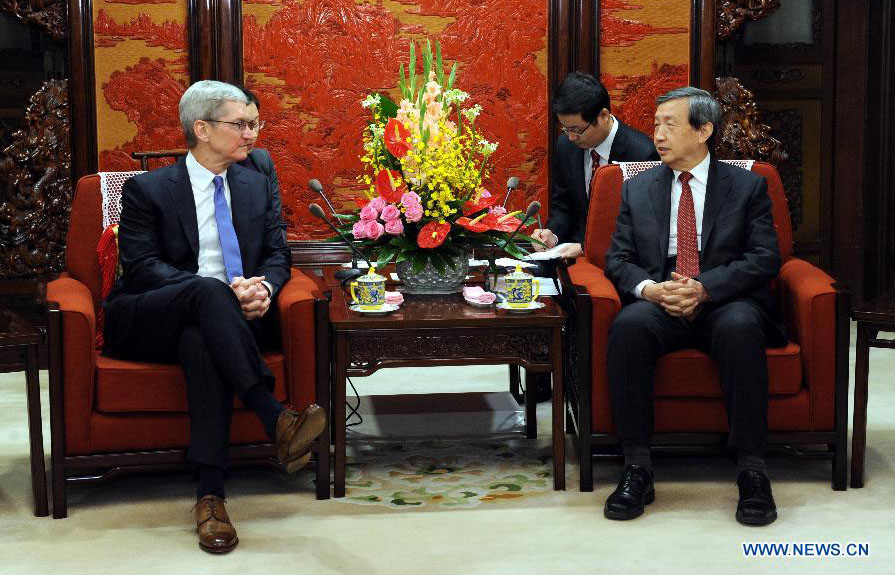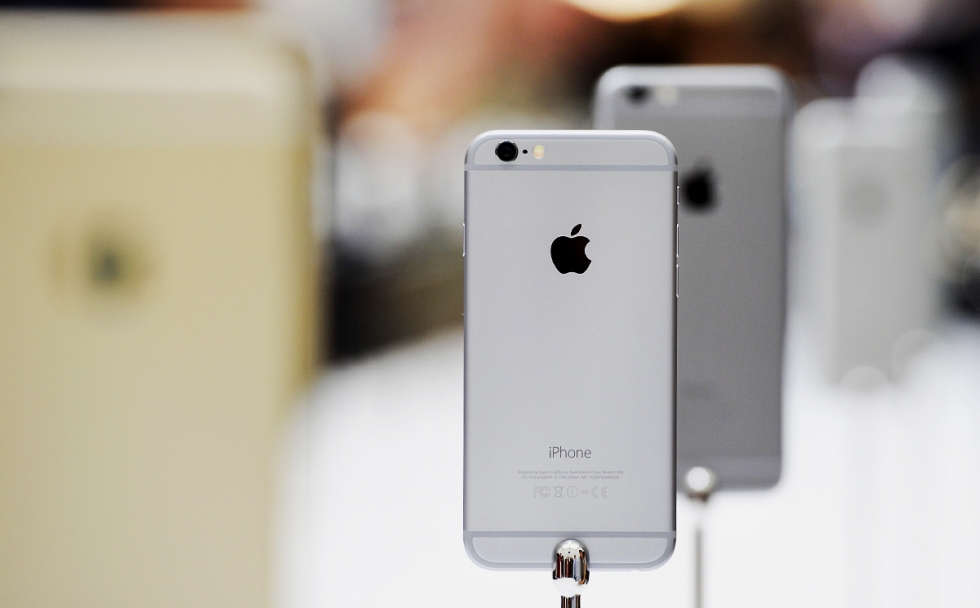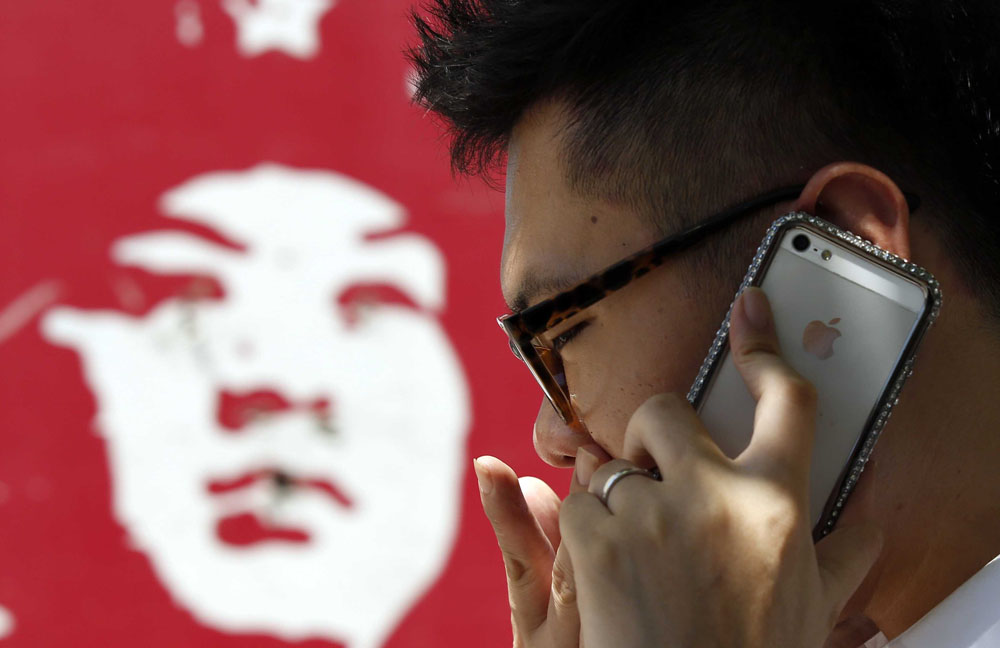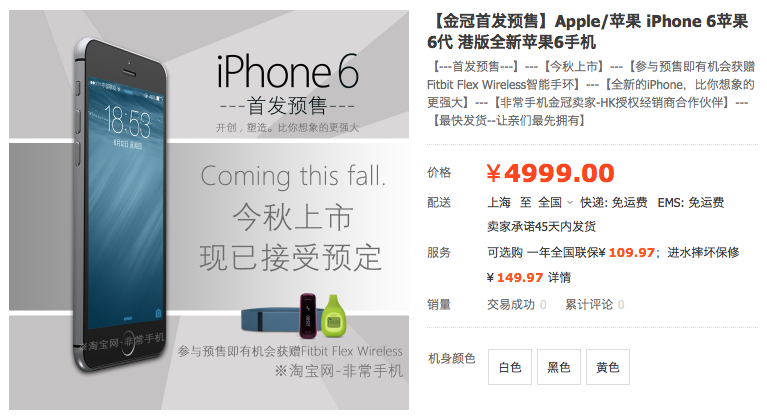Bank confirms Apple Pay launching in China this week, going live on Thursday

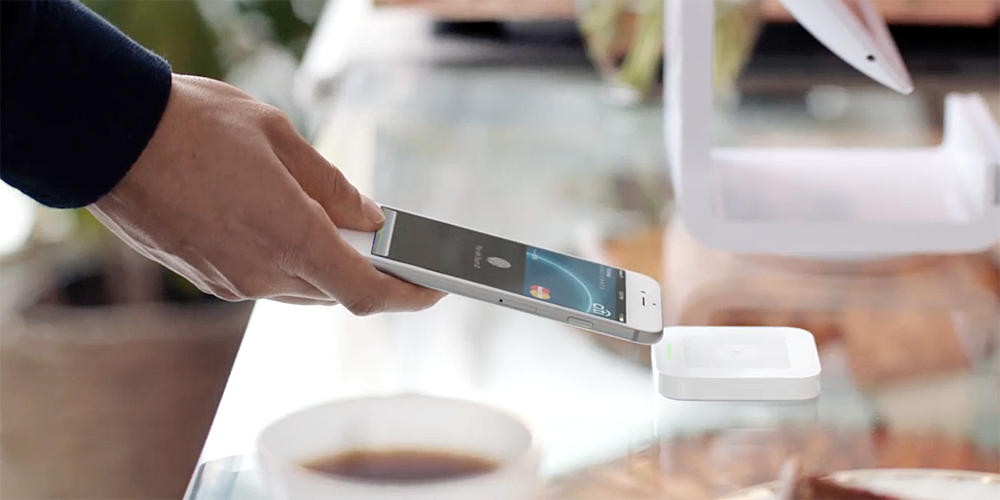
Industrial and Commercial Bank of China (ICBC) has confirmed earlier reports that Apple Pay would launch in China this week, social media posts stating that its service will go live on Thursday 18 February. A further 18 lenders are signed up to the service, Reuters reporting that two of them – China Guangfa Bank Co and China Construction Bank Corp – will launch on the same day as ICBC.
Apple has been working on bringing its mobile payment service to China for some time, creating a Shanghai-based company to manage the rollout back in September of last year, with this month long rumored to be the target launch date. China will be the fifth country to go live, after the USA, UK, Canada and Australia.
As Reuters notes, however, Apple may face something of an uphill battle in signing up users in China …

